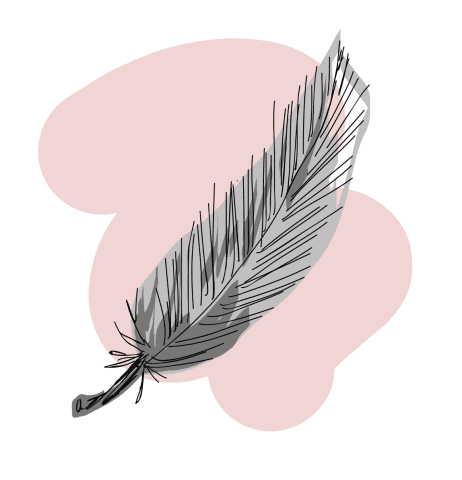In a unique cross-provincial partnership, the University of Saskatchewan has joined with the University of Victoria to deliver the third cohort of UVic’s Indigenous Language Revitalisation graduate program here in Saskatchewan.
This is the first time the program has been delivered outside of Victoria, and it is the only program of its kind in North America. With an exemption from the Saskatchewan government, UVic is allowed to deliver their program just once in Saskatchewan, giving U of S students the opportunity to receive academic credentials specifically focused on revitalising Indigenous languages.
Joan Greyeyes, director of First Nations and Metis relations at the U of S, states that the program offers a unique UVic degree to Indigenous language experts in Saskatchewan.
“All of these students that we have right now in our program are already leaders in Indigenous language revitalisation,” Greyeyes said. “All we wanted to do was to give them the credentials that said they were leaders in Indigenous language revitalisation, because as you know, the society today only recognizes the degrees, the master’s, the PhD when you’re trying to obtain faculty positions.”
Greyeyes notes that Saskatchewan is one province that still has Indigenous language speakers in its communities, and she hopes that this program will encourage the preservation of those languages.
“We want to keep that [strong language presence] because this is where our heritage comes from; this is our culture, our traditions, our customs, our spirituality. All of it is related to our language and we need to keep that very strong,” Greyeyes said.
Darlene Arcand, a graduate of the U of S College of Education and a student enrolled in the program, was drawn in by the possibilities offered.
“It gives us an opportunity to be the First Nations language experts that we are, to bring our language to an academic place where we can work with our language and still get academic credentials with it,” Arcand said.
Language revitalisation differs amongst communities, and this program allows students to bring their own experiences to the discussion. With 17 students enrolled, voices from Saskatchewan, Alberta, Manitoba, the Northwest Territories and even California are mingling in the classroom.
“One thing that’s unique about this program is that all the students in this class speak different languages. It’s not just all Cree speakers or all Saulteaux speakers. This program shows you how to take the information and use it in a way that is unique to your situation,” Greyeyes said.
Arcand added that the program is flexible when it comes to applying skills to actual communities.
“There’s people from different areas that know their community, that know their language needs and where the language is at, how alive it is or how extinct it is,” Arcand said. “We know what we need, so the language skills we develop as language revitalisation specialists are going to be exact and workable, and that’s what this program is giving me so far.”
According to Greyeyes, there has been lots of interest in the program from students wanting to take part, as well as from the university itself.
“I think that our university [showed enthusiasm] because we have a number of programs that are identified for Indigenous students, and we have a president who has prioritized Aboriginal initiatives, and I think [language revitalisation] is just one of the other topics on the list that needs to get ticked off.”
Although the program is only running once in Saskatchewan, the U of S is interested in developing their own graduate program for Indigenous languages with the help of those Saskatchewan students currently in UVic’s program.
“When they complete their master’s degree, and probably even before that, we would like them to assist our two colleges in developing our own graduate program. And we’re hoping it’s going to be a graduate program in Indigenous language revitalisation,” Greyeyes said.
According to Greyeyes, a program of this nature would fit well with the university’s current objectives of addressing Aboriginal initiatives, and she is confident that an Indigenous language graduate program is in the future.
“This program is important to us because we have another university that’s very willing to share and we have an opportunity to develop a top-notch program.”
—
Larissa Kurz / Copy Editor
Graphic: Lesia Karalash / Graphics Editor
Leave a Reply